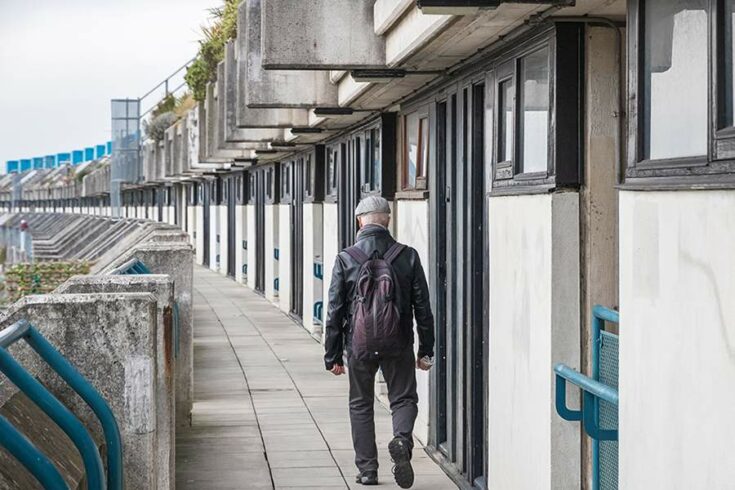The national lockdown in March 2020 following the spread of COVID-19 highlighted the impact of housing on our lives.
Amy Clair, Research Fellow in Social Policy at the UKRI-funded ESRC Research Centre on Micro-Social Change, said the lockdown restrictions meant that:
[People were] being forced to think about their homes in new ways, highlighting inequalities in housing and repercussions for health.
In a blog for the Social Market Foundation, she explores how people without homes or with poor housing were harder hit by the lockdown.
Homeless people were particularly at risk due to lack of facilities, homeless shelters exposing them to close contact with other people, and inadequate short-term accommodation.
Dr Clair pointed out that, even among people that have homes, the lockdown experience varied dramatically.
While larger homes allow for more space for storage, work, exercise or solitude, as well as more spacious gardens, poor-quality housing means more time exposed to damp or other unhealthy conditions, cramped quarters and a lack of garden or other outside space.
Policymakers need to respond with measures such as improving housing quality and space standards, expanding social housing, raising the Local Housing Allowance, and funding local authorities to enforce private renting regulation and maintain social rented homes, she concluded.
Read the blog about how poor housing adds to the hardship of the coronavirus crisis.
The Social Market Foundation is a non-partisan independent think tank conducting research and hosting events looking at a wide range of economic and social policy areas – focusing on economic prosperity, public services and consumer markets.
Last updated: 23 October 2020

